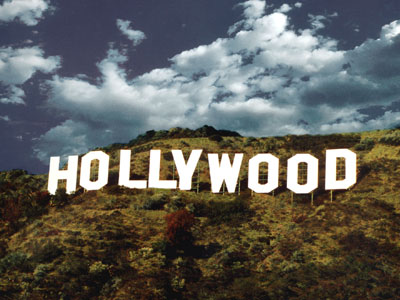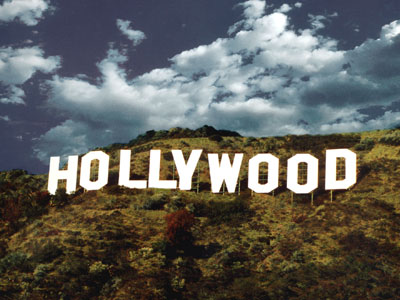“Hollywood’s New Found Sensitivity to Arabs”

One could never accuse Hollywood of respect toward Arabs and Muslims. The American movie industry is well-known for its films portraying Arabs as the villain in productions as diverse as the action-packed “True Lies” depicting the ever ubiquitous Muslim terrorist to the 1970’s classic “Network”, a film about the birth of corporate media where, of all possible culprits, some mysterious Arabs are made to be behind the plot to control the American people through their television sets.
Hollywood’s long history of stereotypical and often outright gross and racist images of Arabs is such a feature of the industry that Lebanese-American scholar Jack Shaheen, Professor Emeritus of Mass Communication at Southern Illinois University, has written two thorough books on the topic documenting Hollywood’s extensive dehumanization of Arabs and Muslims. The over 700 pages compromising Reel Bad Arabs and: How Hollywood Vilifies a People. Guilty: Hollywood’s Verdict on Arabs after 9/11 is a reflection of the peculiar racism Hollywood has visited against Arab. As opposed to Mexicans, blacks and Native American (among others), racism in film against Arabs still is deemed acceptable. This phenemonum is no doubt due to the support for Zionism/Israel among American Jews who are overrepresented in the industry. (Mr. Shaheen’s documentary sharing the same title as his first aforementioned book is available for viewing on YouTube).
Although by no means incorporating the entire industry, recent years has seen a change in tone from some key producers in the context in which Arabs and Muslims are viewed and how the politics of the Middle Eastern region is analyzed. Riddle Scott’s “Kingdom of Heaven” was widely praised in the Islamic world for its hero-like portrayal of the Muslim warrior and re-conqueror of Jerusalem Saladin. Instead of the barbaric, uncouth and fanatical Arab, Mr. Scott brought American movie-goers into a world where the fundamentalists are Christian conquerors and where the man exhibiting tolerance is the Muslim: Saladin. The final image of the film shows Saladin lifting a Cross as her enters as a victor into Jerusalem. He promises to make the city one where Muslims, Christians and Jews can co-exist.
The Academy Award nominated film “Syriana” also provided a break from the usually films on the region. Artfully weaving together the politics of Middle Eastern oil, the exploitation of Asian migrant workers by Gulf nations and Islamic fundamentalism, the screenplay (written by Academy Award winner Stephen Gaghan) offers a strong criticism of United States policy in the region. Instead of the standard bearer Arab “bad guy”, the film introduces a young Arab prince who aspires to his nation’s throne in order to bring about women’s rights and a parliamentary democracy but, instead, his plans are sidelined and himself and his family are assassinated by the CIA due to his lack of submission to American interests. Syrian gift was that it recognized the grievances of Arabs against American foreign policy, a topic Hollywood rarely addresses finding it easier to simply depict Arab anger as nothing more than the irrational manifestation of nimble people.
The most recent installment to what can be called “Hollywood’s New Found Sensitivity” list is Ridley Scott’s “Body of Lies” (Opening in the United States October 10, 2008). Staring Leonardo DiCaprio and Russell Crowe the film pits together a CIA operative and his foot soldier. Akin to Syriana, the film offers a critic of American operations in the region. Once more presenting a nuanced picture of American relations in the region and how such actions often result in harmful effects for the people in the region. Such films portray Arabs not as inferior to Westerners but as their equal, a break from Hollywood’s tradition.
An Arab film festival has never opened with an American film on the Middle East, but this week the Abu Dhabi Festival will launch with “Body of Lies”. A testament to the changing color of Hollywood films on the region.



